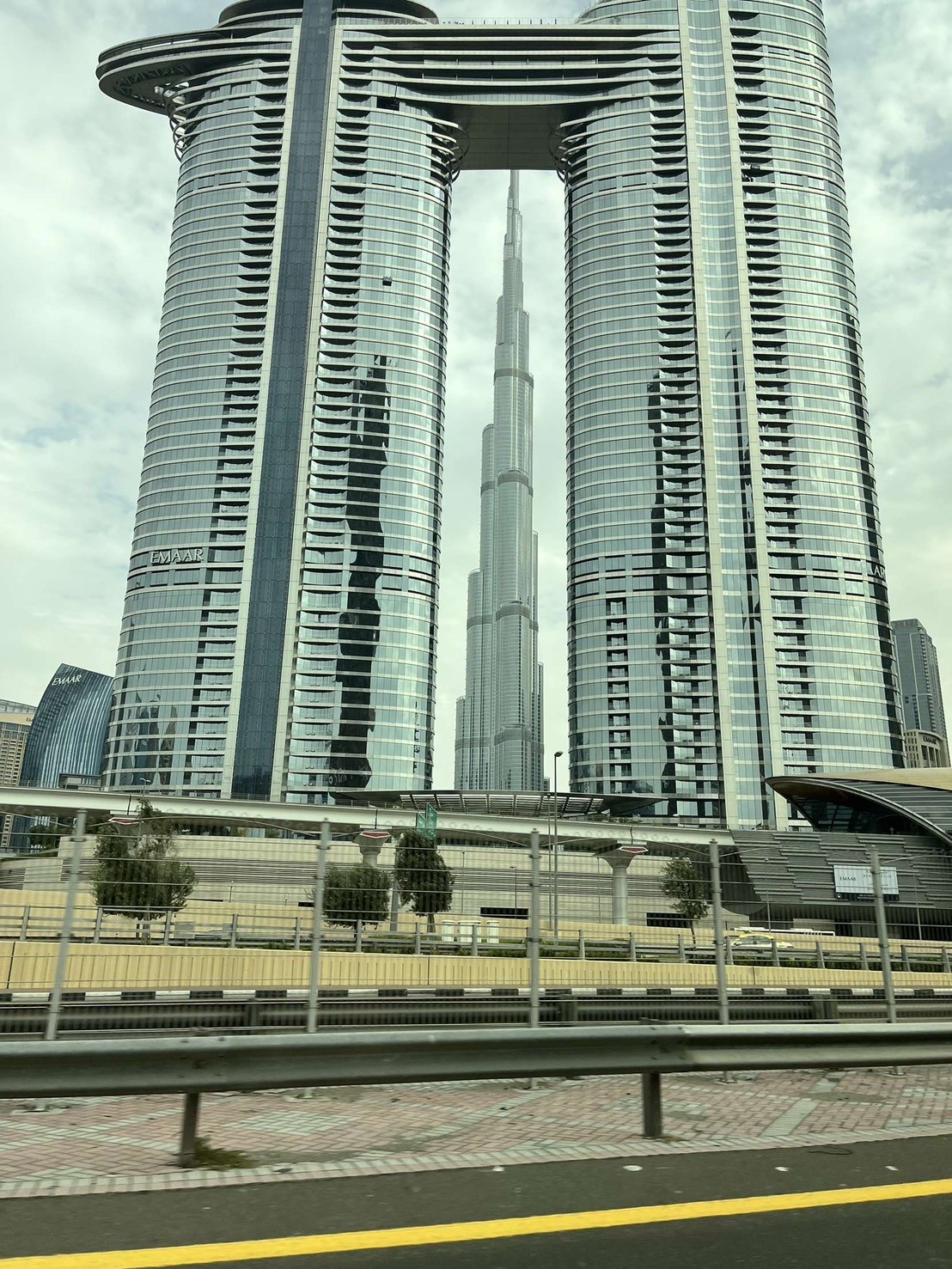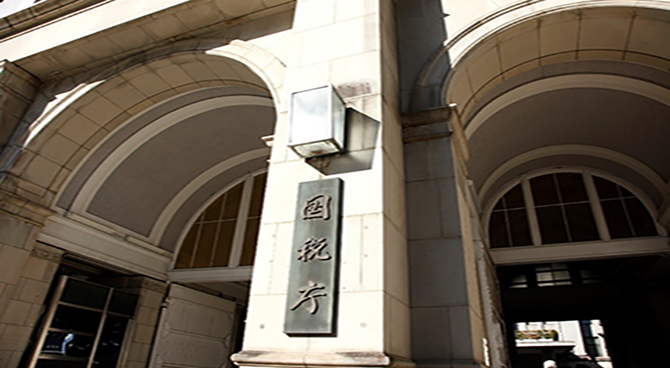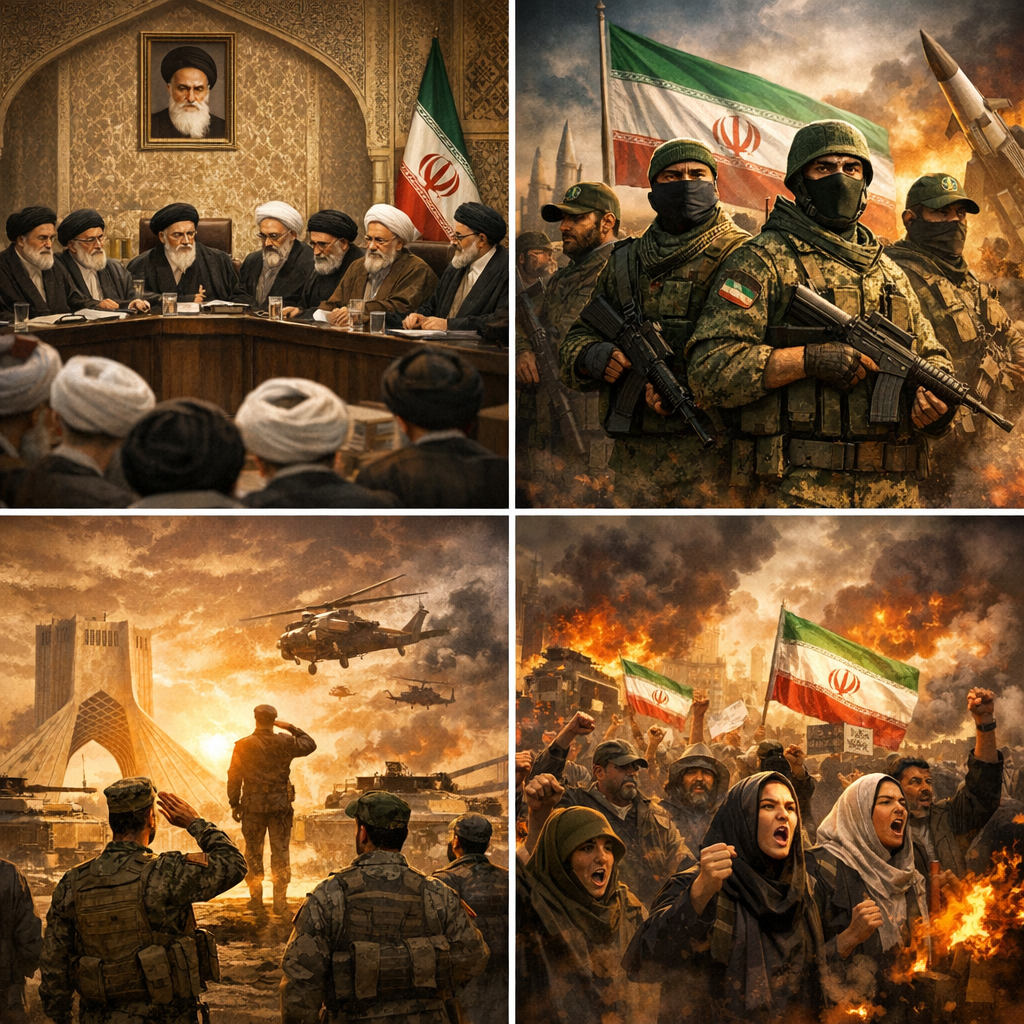※Translated with Notion AI. (Plus version)
*This article has not been edited according to the provider’s intention.
I mentioned the other day that one characteristic of Islam is its commercial nature.
Muhammad himself was a merchant, and there are many teachings about commerce in the Quran and Hadith.
It could be said that Islam spread as a religion of merchants.
In Islam, interest (riba), uncertain transactions, and speculative transactions are fundamentally prohibited.
On the other hand, as long as the trade is fair, one can do business as much as they want, and it is important to donate a part of the profit (zakat).
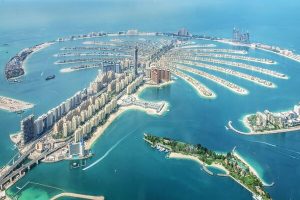
Within these principles, I would like to talk about how Islamic countries engage in economic activities in the modern financial market.
I have been involved in Islamic finance and have been converted to Islam for 18 years now.
Many people from Japan ask me about Islamic finance, but I intentionally do not respond because it is troublesome.
Even if I teach them, they rarely put it into practice.
It’s just a waste of my time and experience to teach them only for studying purposes.
Now, let’s talk about Islamic finance.
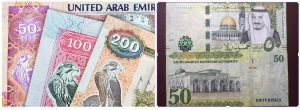
Q: What is the current state of the Islamic economy?
